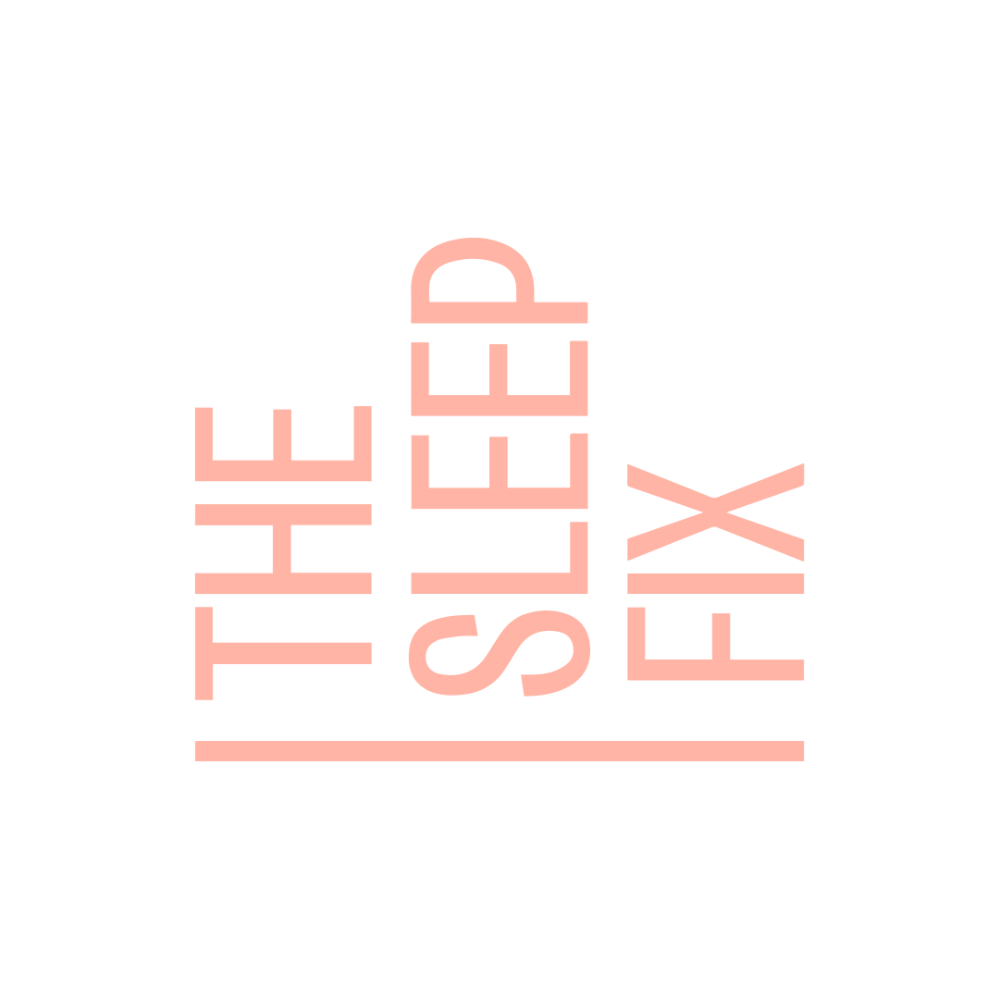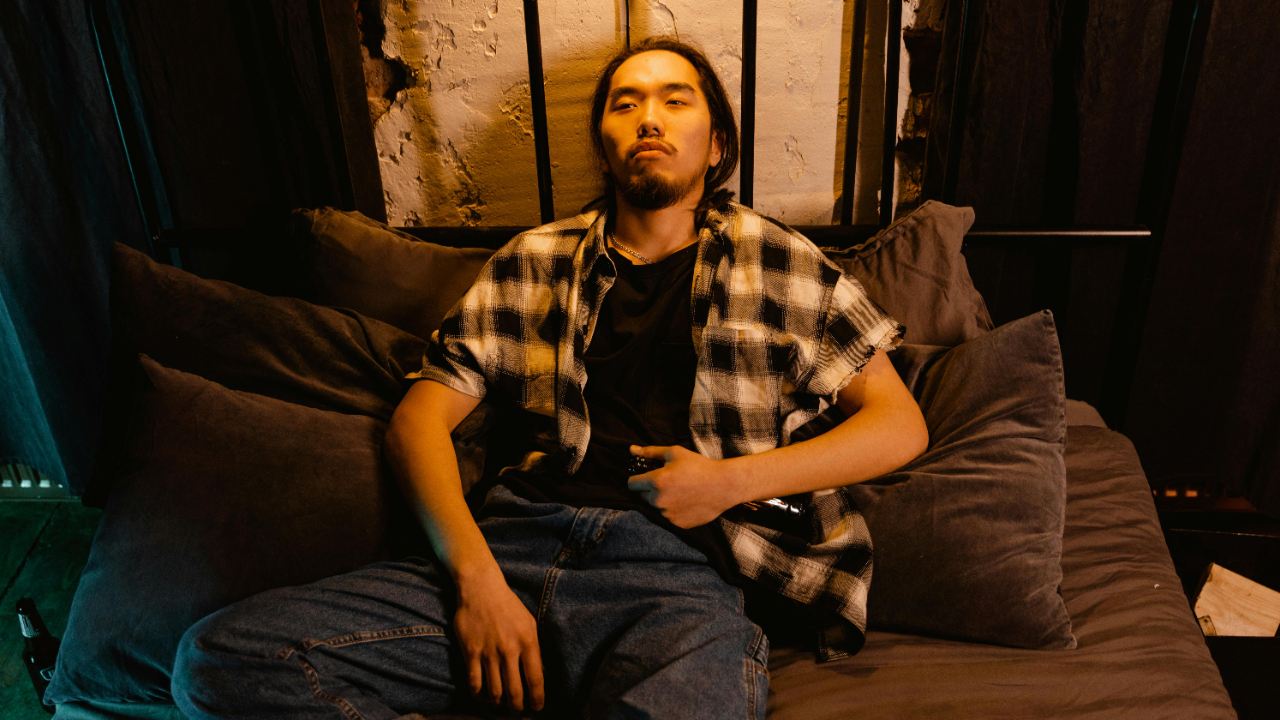It's that time of year again!
Daylight saving time is here and the clocks are about to "spring forward".
But if you're thinking "Ugh, not that stupid clock change again." Don't worry, I've got your back!
While this is the clock change where lose an hour, there's still a lot you can do to protect your sleep.
Here are some of my favorite tips to help you transition smoothly into the new time schedule.
My favorite tips to adjust to daylight saving time
1. Put a therapy light in your bathroom
Humans are basically solar-powered.
Our circadian rhythm determines whether to send us wake up signals or sleep signals based on when we see the sun. BUT...
- Mornings are darker after Daylight Saving Time
- The time change makes our body want to sleep later
- You probably don't have time to be outside for 30 minutes every morning (I don't either!)
So here's my favorite workaround:
Use a therapy light in your bathroom.
These mimic sunlight to help tell your brain that it's time to be awake.
Your body literally releases chemicals in response to that bright light, which impact how awake you feel in the morning, how sleepy you feel at bedtime, and even your mood.
By keeping a therapy light in my bathroom all I need to do is turn it on while I'm getting ready in the morning and... that's it!
It's such an easy way to get that needed light without any extra time or effort.
2. Limit your light exposure before bed
Limiting your light exposure before bed is another powerful way to ensure you feel awake when you want to be and feel sleepy at bedtime.
An easy way to do this is by considering the Four D's:
- Dimness
- Distance
- Duration
- Direction
By dimming the lights in the evening, being farther away from a light source (eg. watching a show on TV instead of your phone), turning off lights when you don't need them, and facing the light away from your eyes, you can make a significant difference in your evening light exposure.
For devices like phones, tablets, and computers, you can also adjust the brightness on your screens and set them to turn on blue light filters and dark mode in the evening automatically.
The idea is you're trying to tell your brain: it's night time, it's time to prepare for sleep.
3. Stick to your regular wake up time
Since mornings are darker after Daylight Saving Time, it might be tempting to wake up later than usual, especially on weekends.
BUT a consistent sleep schedule is essential for regulating your body's internal clock.
So try to stick to your usual waketime or at least within 45 of your usual wakeup time.
This consistency helps your brain recognize when it's time to sleep and time wake up, and adjust to the time change accordingly.
4. Consider melatonin supplements but avoid some common mistakes
Contrary to popular belief melatonin doesn’t really put you to sleep, it tells your body it’s nighttime.
So it can be really helpful when it comes to issues like jetlag, shiftwork and adjusting to daylight saving time.
BUT most people take too much too late. I take just half a milligram 4 hours before bedtime.
So be sure to talk to your doctor to ensure safety and to get the dosage and timing right.
Also, when it comes to melatonin, studies have shown what's on the label often isn't what's in the bottle so be sure to buy from a verified brand.
5. Get professional help if you’re still struggling
There is no such thing as a "bad sleeper", so if you’re consistently having trouble falling asleep or staying asleep, get professional help to fix the problem.








